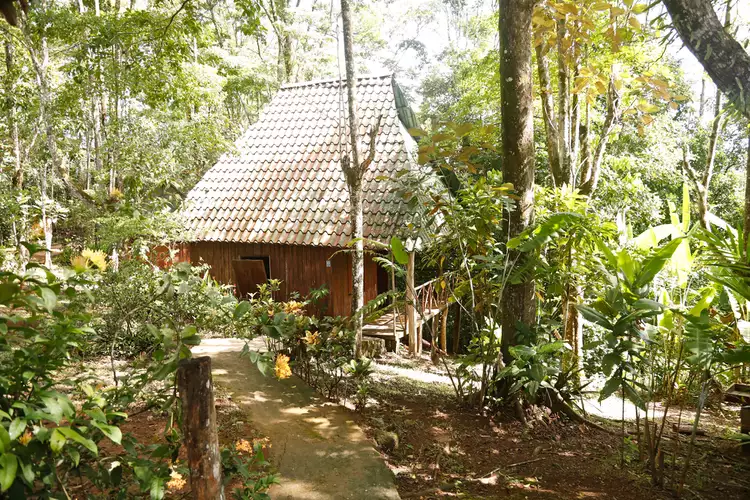
Guidelines For Visiting The Indigenous Communities Of Costa Rica
Always seek permission from community leaders before entering their territory or participating in any activities. This demonstrates respect for their autonomy and traditions.
Research the specific customs and protocols of the community you plan to visit. This includes understanding their dress code, greetings, and social norms.
Dress Modestly: Opt for modest attire that covers shoulders and knees. Avoid revealing clothing, as it may be considered disrespectful.
Mindful Photography:Ask for permission before taking photos of individuals or their belongings. Respect their privacy and avoid intrusive behavior.
Avoid Touching: Refrain from touching people or their belongings without explicit consent. Physical contact can be culturally sensitive and may be misinterpreted.
Language BarriersIf language barriers exist, use simple gestures and communicate through a guide or translator. Avoid assuming your language will be understood.
Engage in conversations with openness and curiosity, but avoid prying questions or making assumptions. Listen attentively and respond thoughtfully.
Be mindful of cultural differences and avoid imposing your own values or beliefs. Respect their way of life and traditions.
Environmental Awareness:Follow Leave No Trace principles to minimize your impact on the environment. Avoid littering, disturbing wildlife, or damaging natural resources.
Supporting Local CommunitiesSupport Local Businesses:Purchase handicrafts, food, or other products directly from community members. This helps sustain their livelihoods and cultural practices.
Responsible Tourism:Choose reputable tour operators who prioritize ethical and sustainable practices. Avoid contributing to exploitative tourism models.
Respect Sacred Sites:If you visit sacred sites, maintain a respectful demeanor. Avoid loud noises, intrusive behavior, or touching religious artifacts.
Cultural Exchange:Engage in cultural exchanges with community members, learning about their traditions, music, or crafts. This fosters mutual understanding and appreciation.
Volunteer Opportunities:If interested, explore volunteer opportunities that align with the community's needs and priorities. This can provide meaningful contributions.
Additional ConsiderationsLearn about the different indigenous groups in Costa Rica, their locations, and their unique cultural practices. This will help you tailor your visit accordingly.
Approach community members with genuine interest and respect. Avoid stereotypes or assumptions, and engage in open and honest dialogue.
If you choose to purchase souvenirs or handicrafts, ensure they are ethically produced and support fair trade practices.
Consider joining a guided tour led by knowledgeable guides who can provide context and insights into the community's culture and history.
Support initiatives that promote community-based tourism, where the benefits are directly shared with the local people.
Be mindful of the community's time and avoid imposing your own schedule. Respect their pace and rhythms.
By following these guidelines, you can ensure a positive and enriching experience while respecting the cultural heritag and well-being of Costa Rica's indigenous communities.
At Resonance, we aspire to live in harmony with the natural world as a reflection of our gratitude for life. Visit and subscribe at Resonance Costa Rica Youtube Channel @resonanceCR

Legal Disclaimer:
MENAFN provides the
information “as is” without warranty of any kind. We do not accept
any responsibility or liability for the accuracy, content, images,
videos, licenses, completeness, legality, or reliability of the information
contained in this article. If you have any complaints or copyright
issues related to this article, kindly contact the provider above.


















Comments
No comment